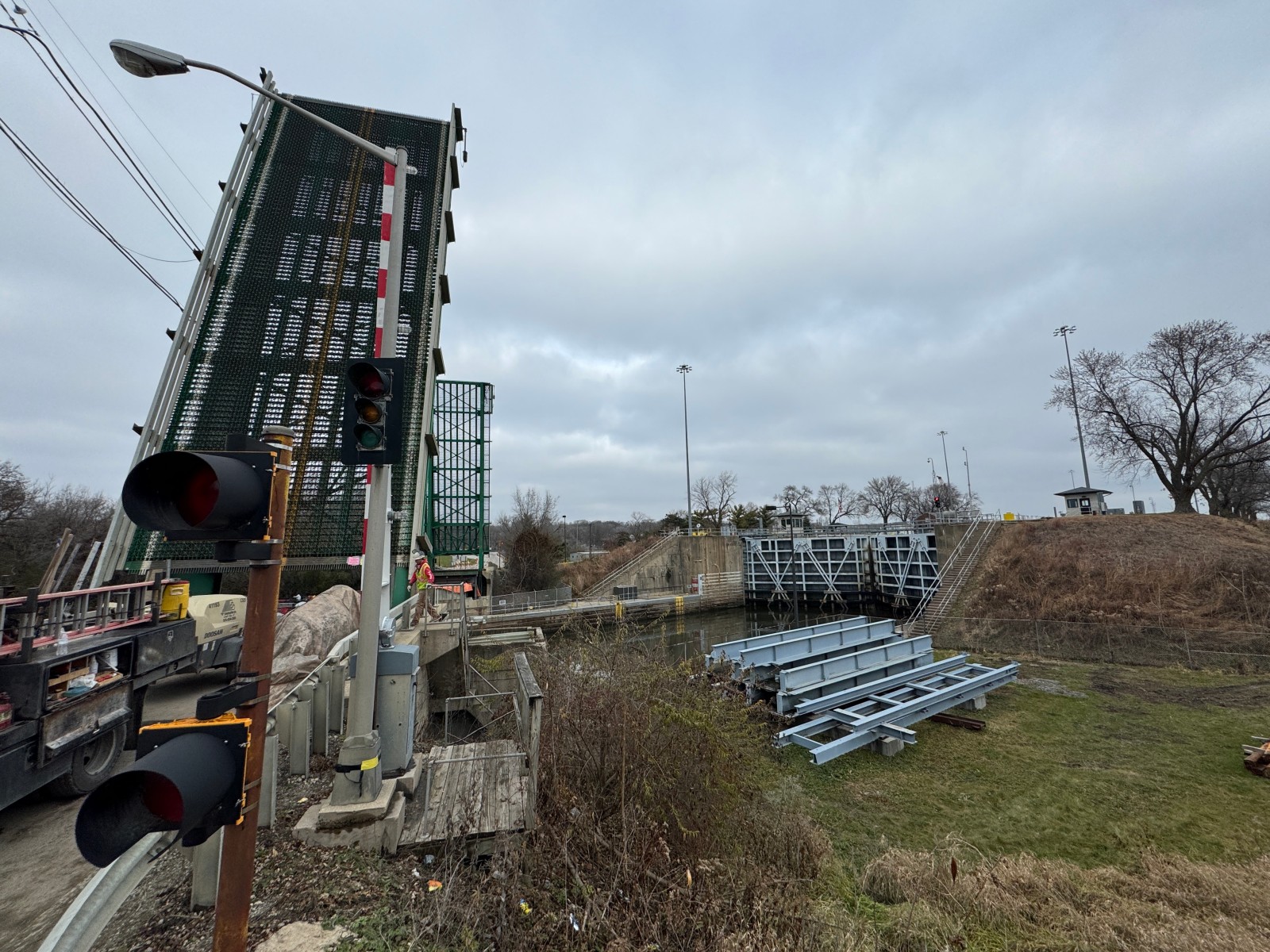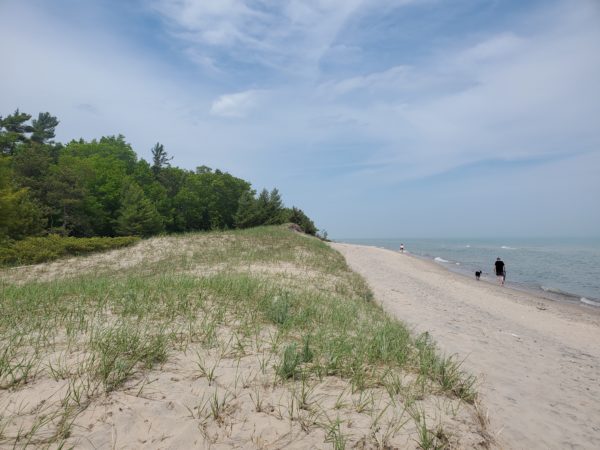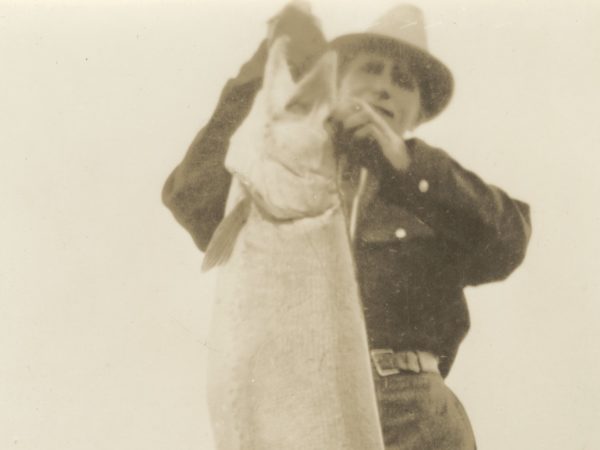
By Juanpablo Ramirez-Franco, WBEZ
This coverage is made possible through a partnership between WBEZ and Grist, a nonprofit, independent media organization dedicated to telling stories of climate solutions and a just future. Sign up for WBEZ newsletters to get local news you can trust.
To prevent the movement of invasive carp into the Great Lakes, the states of Illinois and Michigan and the Army Corps of Engineers need to sign an agreement — but for months they have been locked in a stalemate over what comes next.
Documents obtained by WBEZ show that Illinois wants a better deal that leaves the door open for more federal funding and an incremental construction process.
“While the federal government has determined this project is of the highest priority, the taxpayers of Illinois and Michigan should not be the only states to carry the burden of the non-federal share of funding when the entire Great Lakes region will certainly experience the devastating impact of inaction,” according to a letter signed by Gov. JB Pritzker to the U.S. Army.
The Brandon Road Interbasin Project (BRIP) is the billion-dollar answer to a decades-long concern among environmentalists, elected officials and business leaders that the invasive carp could use the Illinois River as a byway to escape the Mississippi River Basin and enter the Great Lakes, where it could upend the sensitive freshwater ecosystem and lake economy.
If the Great Lakes region were its own country, it would have the third largest GDP in the world — behind the U.S. and China, according to the Council of the Great Lakes Region. There are already more than 180 non-native species present in the five bodies of water. But according to experts, carp threatens to destabilize recreational and marine industries that turned the region into the economic powerhouse it is today.
The BRIP is the Army Corps’ state-of-the-art barricade going into the Des Plaines River near Joliet about 50 miles downstream of Chicago. The cost is expected to be upwards of $1.14 billion. Illinois taxpayers could be on the hook for operation costs for years to come.
To protect the lakes, the federal government will pay for 90% of the costs of the project and Illinois and Michigan will pick up the tab on g the 10%. To date, Illinois has already committed $50 million in state funding to the project. But the governor’s letter shows that Pritzker is wary of overcommitting Illinois taxpayers.
“It would be irresponsible to write a blank check to the Corps of Engineers or any other project manager without having a better understanding of what we’re agreeing to for the long term,” according to a statement from a Pritzker’s spokesperson.
Michael Connor, Assistant Secretary of the Army for Civil Works, said in a statement to WBEZ that, “we appreciate Governor Pritzker’s letter, and I will respond directly to the Governor soon, as we look for the best approach to make use of the resources we have on hand to move the Brandon Road Interbasin Project forward.” Separately, an Army Corps spokesperson sent a statement that said it “does not have a precedent of executing incremental [agreements.]”
The agreement the governor’s letter proposes would immediately release $226 million in federal funds to begin initial construction and designing on the project — the funds have been on standby since 2022. Congressional lawmakers have not yet appropriated the remaining balance. Pritzker’s approach, according to a statement from the governor’s office, would expedite the project by allowing it to proceed in stages and place invasive carp deterrents as soon as possible while the state and the corps discuss remaining concerns.
But running the BRIP will remain on Illinois’ balance sheet for years to come. The state will be responsible for the cost of operation and maintenance in perpetuity — the total costs of which are currently unknown. Illinois already spends approximately $15 million annually to operate its existing electric barrier.
Another last sticking point is property near the BRIP site that the Army Corps is counting on Illinois to purchase. But findings in an ongoing lawsuit in front of the Illinois Pollution Control Board point to coal ash contamination at the site. The scope of the required remediation remains unknown, according to a spokesperson for the governor’s office, as do the costs to Illinois taxpayers.
Juanpablo Ramirez-Franco covers climate change and the environment for WBEZ and Grist. Follow him on X at @__juanpab.
Catch more news at Great Lakes Now:
Illinois lawmakers seek to protect state wetlands
Army Corps plans $1 billion barricade to deter invasive carp at Illinois and Des Plaines Rivers
Featured image: The Brandon Road Lock and Dam in Joliet makes barge traffic between the Mississippi River and the Great Lakes possible. On a busy day, anywhere from 15 to 20 barges will make their way through the lock. Every year millions of tons of commodities travel through the 94-year-old lock on the Des Plaines River. Soon, it could be the site of the Army Corps of Engineers’ $1.416 billion defense against encroaching invasive carp. (Juanpablo Ramirez-Franco/WBEZ)




